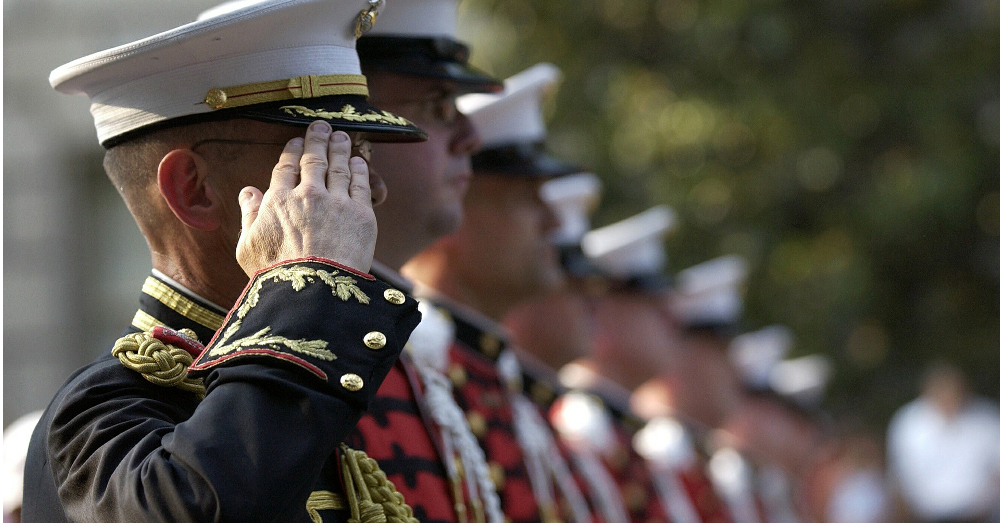
Obama, Trump and Saudi Arabia Devastated Yemen. Congress Is Acting. Slowly.
WASHINGTON ― The U.S. House voted, 366-30, on Monday night to pass a resolution condemning civilian deaths, starvation and the spread of disease in Yemen, admitting that much of the responsibility for that humanitarian crisis rests with the U.S. because of its support for a Saudi-led military intervention and noting that the war has allowed al Qaeda, Islamic State and other groups to thrive.
November 14, 2017 | Source: The Huffington Post | by Akbar Shahid Ahmed
After tough negotiations with GOP and Democratic leaders, critics of the military intervention got their first chance to debate it in the House.
WASHINGTON ― The U.S. House voted, 366-30, on Monday night to pass a resolution condemning civilian deaths, starvation and the spread of disease in Yemen, admitting that much of the responsibility for that humanitarian crisis rests with the U.S. because of its support for a Saudi-led military intervention and noting that the war has allowed al Qaeda, Islamic State and other groups to thrive.
The resolution, which passed with the support of several normally reliably pro-Saudi members of Congress, has no practical consequences. The U.S. will continue refueling Saudi and United Arab Emirates planes bombing Yemen and providing the Saudi-led coalition with intelligence, a policy launched by former President Barack Obama and continued under President Donald Trump.
But for the handful of lawmakers trying to end 2½ years of U.S. support for the Yemen war, and the antiwar activists and humanitarian groups aligned with them, it’s a seminal moment — a sign even the most reluctant in Washington can be pushed to consider Yemen, where close to 21 million people need some form of aid, and acknowledge the ugly truths about Saudi and American actions there.
“The shift in our foreign policy is not going to happen overnight,” Rep. Ro Khanna (D-Calif.), who has led the House fight against the U.S. role in the war, told HuffPost prior to the debate. “I think that this debate has made many more members of Congress aware that we are engaged in refueling, made them aware that there is a civil war going on in Yemen. If I’m looking at something from a scale of 1 to 10, in terms of shifting U.S. foreign policy, maybe this is a 2. But it is a 2.”
To Khanna, the vote is important for two reasons: It is the first time the House has acknowledged the U.S. role in the conflict, and it notes that U.S. involvement against parties in the Yemeni civil war is not permitted by either of the two military force authorizations Congress passed after the terrorist attacks of Sept. 11, 2001.
Activists spotted another win in the hourlong debate before the vote: Hawks, particularly Republicans, not only spoke in favor of the resolution but also began to echo some of the criticisms of the U.S.-backed coalition.
